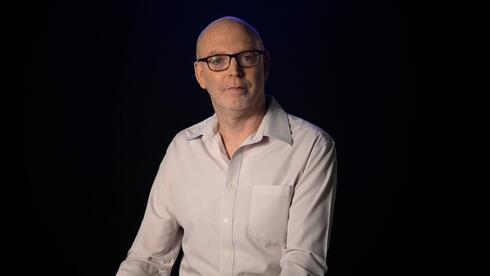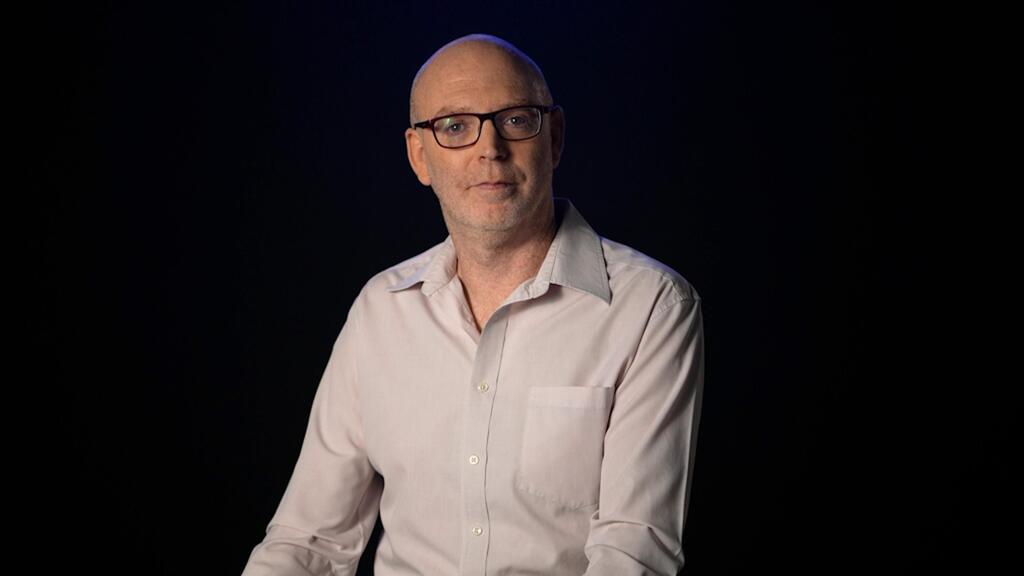
Opinion
Biotech 2024: Opportunities and challenges for Israeli companies
“Despite their strong clinical data and established R&D programs, Israeli biotech companies are undervalued. Following two years of economic downturn, these companies now present attractive investment opportunities,” writes Dr. Tomer Bronshtein, VP for Innovation and Corporate Development at Bonus Biogroup
As we step into 2024, the Israeli biotech sector is at a pivotal moment, eagerly anticipating a shift after a challenging two-year period. PwC's insights suggest a gradual reopening of the Nasdaq IPO window for biotech companies, especially those backed by solid clinical data.
This emerging trend offers a ray of hope for Israeli enterprises. The past year has been challenging, with limited fundraising options and declining stock values, exacerbated by the judicial reform and the war in Gaza. This situation resulted in a 9% decrease in the Tel Aviv Biomed Index in 2023, a marked deviation from the growth trends in the U.S. and European markets.
However, it's essential to recognize the complexities inherent in the biotech industry. Developing biotechnological products is a substantial undertaking, often necessitating investments of hundreds of millions of dollars and spanning up to 15 years. This process involves ensuring the safety and efficacy of medical products through rigorous clinical trials and meeting stringent quality standards.
Despite the potential for high returns, many in the capital market favor ventures that offer quicker, even if more modest, returns with lower risks. This preference stems from the high failure rates in biotech product development during clinical stages, which range between 83% and 95%. Unlike medical devices, where partial success can still lead to economically viable products, failure in biotech development is usually absolute.
The market potential for biotechnology products, especially those targeting common, serious, and underserved medical conditions, is enormous, with projections often exceeding tens of billions of dollars annually. For visionary investors, these markets represent significant opportunities for profit.
Many Israeli companies, some with FDA approval, tend to focus on rare conditions in smaller markets, avoiding competition with large pharmaceutical firms. These niche markets typically generate revenues of only hundreds of millions of dollars annually.
Nevertheless, Israeli firms are not confined to small markets. There are alternative strategies to reduce risks without compromising the potential for large investor returns. One approach is to develop multiple products for various conditions, thus enhancing the probability of success even if one product or indication fails. Kite Pharma's acquisition by Gilead Sciences for $11.9 billion before receiving marketing approval exemplifies the success of a broad biotechnology platform targeting multiple cancers. A diverse R&D program, including products at different stages of development, also reflects strategic vision.
A biotech company's investment appeal also hinges on its track record of success. The development of medical biotechnology products involves multiple critical stages, all highly regulated in target markets. These stages include three phases of clinical trials and the certification of manufacturing facilities and processes in accordance with good manufacturing practices. Before receiving marketing approval, a history of success in these areas is perhaps the strongest indicator of a biotechnology company's viability for investment.
Focusing on reimbursement strategies is also vital. In an era where biotechnological products can command prices ranging from hundreds of thousands to millions of dollars per patient, securing reimbursement for future products is critical to a company's profitability and success. This is especially true in areas such as cancer cell therapy and other products where the long-term economic impact is challenging to assess. Conversely, products that demonstrate immediate cost savings to payers, such as those reducing hospitalization or surgery durations or minimizing the frequency of interventions, are more likely to receive reimbursement, at least equivalent to the amount saved.
The timing of these developments is crucial. Despite their strong clinical data and established R&D programs, Israeli biotech companies are undervalued. Following two years of economic downturn, these companies now present attractive investment opportunities.
Intel CEO Patrick Gelsinger has praised the resilience of the Israeli people, highlighting their steadfast commitment even in the face of conflict. This resilience is a key reason for his deep belief in their potential. History has shown that companies that endure tough times often emerge stronger. With Nasdaq's revitalizing influence, 2024 is set to be a year filled with both challenges and opportunities in the biotech sector. This year could be particularly promising for companies with robust data, adequate resources, and investor appeal—a scenario frequently found in Israel's dynamic biotech landscape.
Dr. Tomer Bronshtein is VP for Innovation and Corporate Development at Bonus Biogroup














